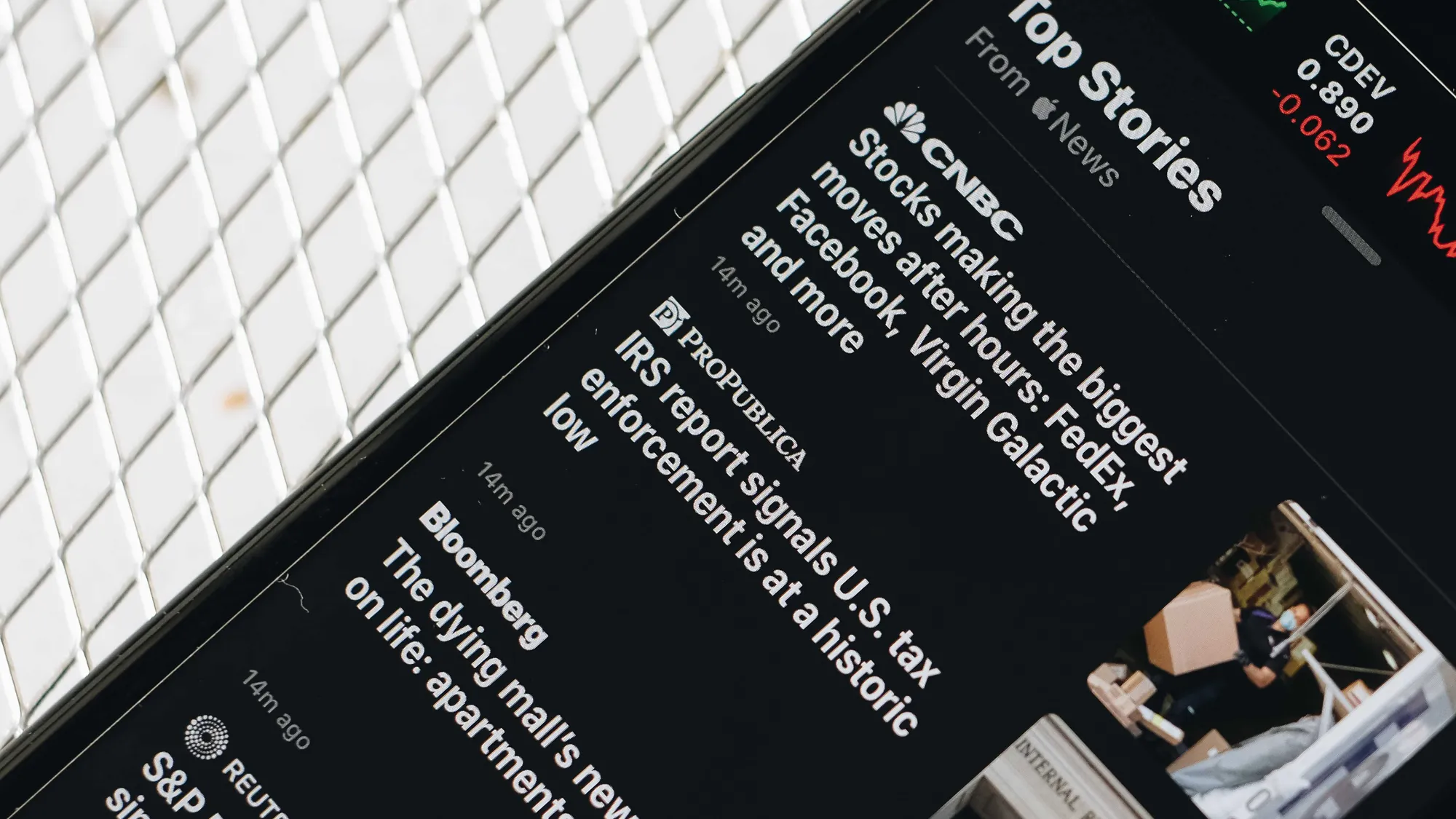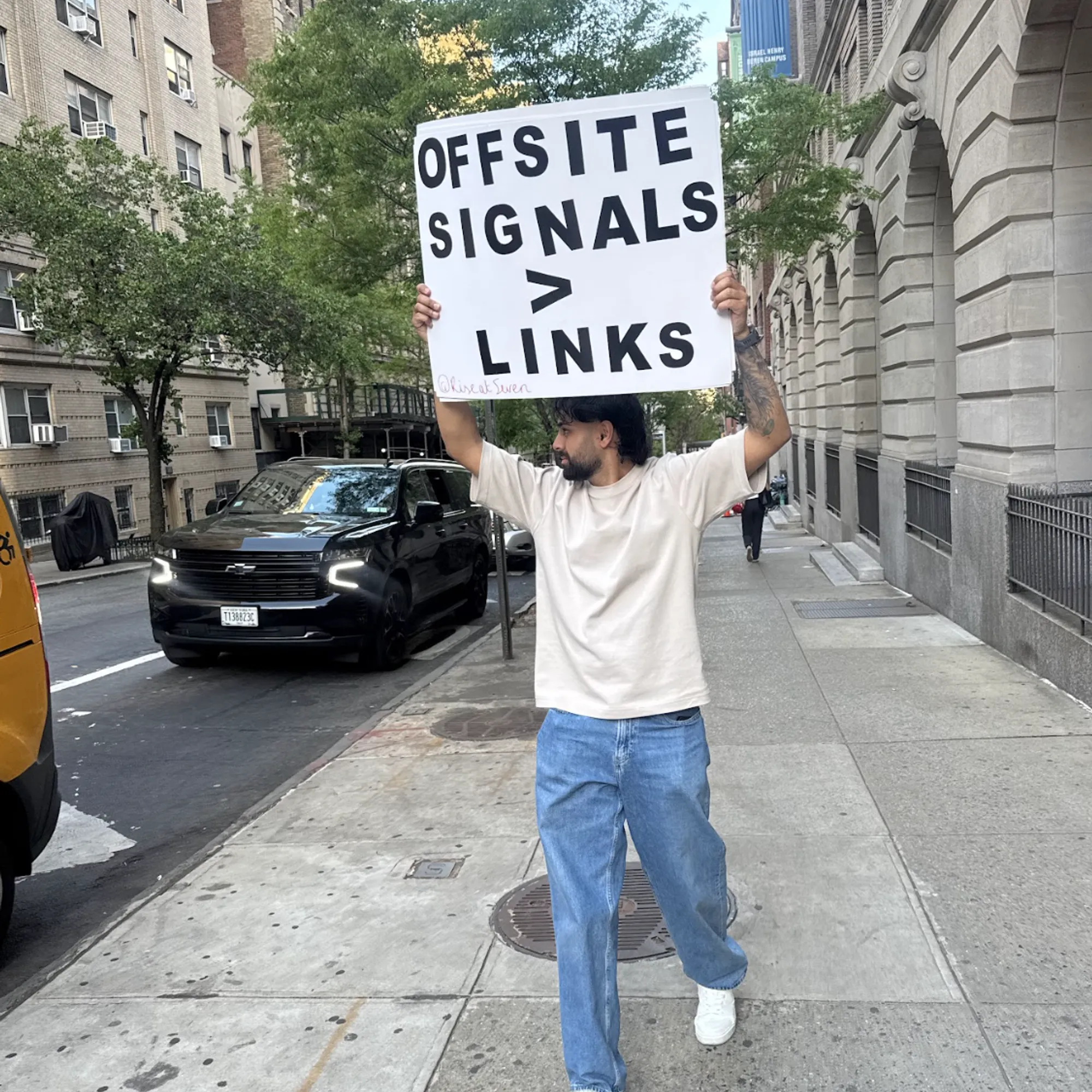
Newsjacking - It’s not a quick win, it’s a big opportunity

120 links - do you want that? Do you want the constant media placements? CONSISTENT results? To be mentioned in the nationals for a trending story? Well, I’m going to tell you how you can do it, and you’re not even paying me. So grab a tea (and a slice of cheesecake, chicken wings, etc) and take a seat.
The pandemic has somewhat affected every single person in some way, and PR agencies are no exception. Everyone has either had a campaign that hasn’t gone to plan, KPIs that they haven’t been able to hit or ideas that have been cancelled because of budgets. So what do you do? You adapt. You change direction and you navigate a different way to get where you want.
How did I do it? I fell into the beautiful and fast world of newsjacking. The Will Hobson
What is newsjacking?
Jumping on the news or reacting to a breaking story, literally. Is it hard? No - but you have to be quick. Here at Rise, we spot opportunities quickly and put our clients at the centre of conversations by reacting with expert commentary when a story breaks or providing data and therefore giving the client opportunities to gain media placements and links.
Which clients can you newsjack for?
Every client - as long as you make it work. Retail administrations and job cuts? Financial sector. A celebrity announces an engagement and you have a client that can comment on the ring? Retail expert. Drastic weather change and dangerous roads and every Tom, Dick, and Harry are talking about it? Put your motor client forward. The opportunities are endless - but you have to use them correctly. You can’t just go handing your clients out like they are running out of fashion - you have to think strategically.
So how did you manage to get so many links and so many media placements throughout lockdown?
Being sharp as a tack, an expert within the chosen field, and enthusiastic as hell - that’s it. Those 3 things. Yes, you might have to set an alarm a little bit earlier to check in on the news (you work in PR anyway, so you need to know exactly what’s going on) - but go a little bit earlier. Have a look at what's going on at 6.30/7am in the morning, has anything gone into administration? Has anything happened with the banks overnight? Do we have any weather warnings? It will probably take you a long 5 minutes, but that can give you some hints of what you could potentially newsjack on. Other ways we do this include:
- As soon as a news story breaks, react. If you can, drop everything. Draft a comment. Send to the client and start execution. Start to finish? 30 minutes, tops.
- Stop spraying and praying. It’s just spammy. When you’re sending out your newsjacking comment, only send to the journalists that have written about it. Something has gone into administration - the Daily Mirror have reported it. I know this will either be James or Emma - it won’t be Courtney from lifestyle - so why would you even think about sending to her? The quicker you send out your comment, the easier it will be to keep up with new articles being published.
We have a dedicated newsjacking team now that runs this as a strategy for a lot of our clients. We monitor the press and know what’s happening 24/7 and have a strategy team planning the next move. We write comments, create data, and land links as a result of it. You just have to dedicate the resource and people and once you've got it, you're onto something!
- Don’t forget about your niche publications. Just because you’re reacting to a news story doesn’t mean you only have to go to national publications. Of course, you can go to those too - but don’t forget about your more niche sites depending on which client you have chosen to put forward to comment on a particular story. Love your niches. Shout out to Internet Retailing and Just Style - my favorite niches.
- Don’t just write anything. Anyone could write a comment and send it to a journalist that has covered a breaking news story. PR’s are caught out for this all the time so you honestly stand out like a sore thumb if it’s evident that your client has no idea what a story is about. If your client isn’t related to the story in any way - leave it. It will do more harm than good if you newsjack for the wrong reasons.
- Add something. But don’t just add anything. Don’t summarise what the article is about. As I am writing this, we've just gone through that horrific 7 days of 36-degree heat across the UK. Storms are brewing and I texted Kate on Sunday for a pre-reactive piece we could do for a client. We are smashing it. Which brings me to...
- Check out what your competitors are doing. Stalk them. See which publications they are gaining placements on - predict what they are going to be writing on and adapt. I have two competitors that I continuously watch for a client - I even have alerts for them. It’s not a bad thing - it’s just being on top of the game. There’s one client that gets EVERYWHERE before everyone else does. See it, sort it, stop it. You can simply have a google to see if your competitors are doing and where they are picking up coverage from - OR I simply take their campaign page, effortlessly copy and paste into Ahrefs or Buzzsumo and watch the backlinks seductivley come to mamma.
- Get alerts. I get that we PR’s have our heads in our laptops - so checking in on the news might be hard to do every 5 minutes. I have ‘administration’, ‘job losses’, and ‘cuts’ added to my alerts, so every time those words are mentioned, I will be notified. Can it get a bit tedious? Yes, especially if it’s not what you’re after, but it is better to be safe than sorry. Google alerts, Reuters and having notifications from national publications sent to me is what keeps me in the game.
Look for patterns. It may not work all the time but by doing this for 6 months I have found a pattern of when newsjacking peaks during the month.
- Be prepared to only eat half of your lunch. Noodles, rice, or a sandwich - be prepared to eat it over a 3 hour period. I have done this so many times. When people see a story it’s always “ah let me just eat this and then I will go back to it” - which, really, is what you should do, but not in newsjacking. If everyone thought like that then nobody would send their comments in until the story is a couple of hours old - so watch the lunchtime news roll in, because it might just be your comment that is taken.
BUT
- Don’t be disheartened if it takes you a few times. One of our clients never had a link on a national publication, now they get links on the nationals every single week. It will come in time. ADAPT to what works better for your client.
- Don’t ask to send a comment. It’s literally wasting time. If a journalist has reported something that you could react to - just send it. If they use it then great, if they don’t move on and keep sending. Nothing to lose - all to gain.
- Always say thank you. It takes 20 seconds. Journalists feel appreciated and therefore are probably going to want to take your comments in the future. You’re then building a relationship with this journalist. I can name 5 journalists that I will just reply ‘you’re the best, thanks for the link and I hope you win the lottery this week’. It’s as simple as that.
- Be proactive if you can. If you know something is going to happen before it happens, eg: jobs going into administration, or the weather turning - draft a piece beforehand. When the news story breaks it won’t be so much of a shock and you can get your comment to the journalist quicker than anybody else can.
Read up on how we built 300 links for Ask Traders through newsjacking strategy on Guardian, Telegraph, ITV and more. The article says 250 but we have built more since ;)
Any comments? Compliments? Questions? Drop me an email at paige.evans@riseatseven.com or you can grab me on Twitter where I just tweet everything and anything.
















